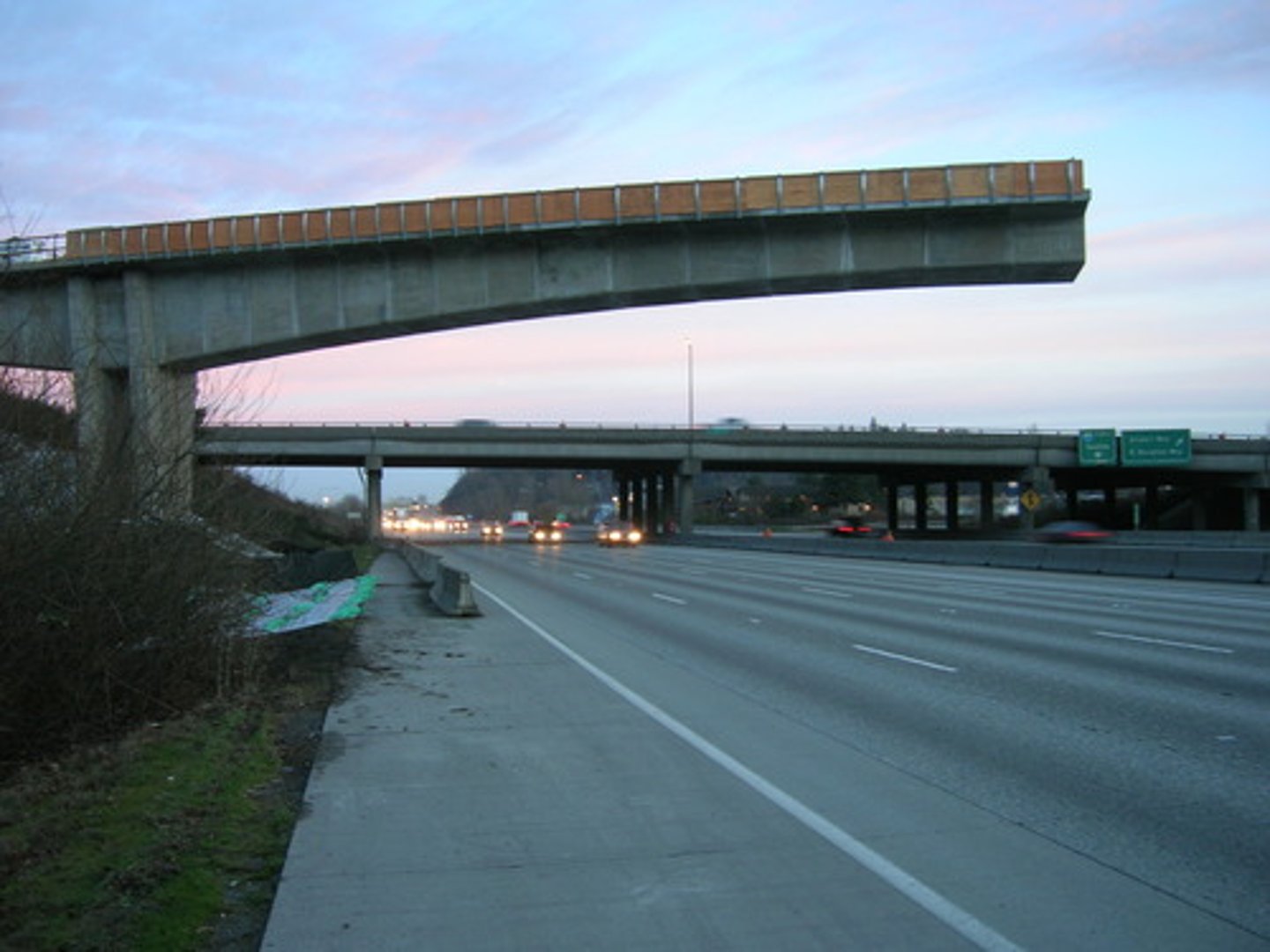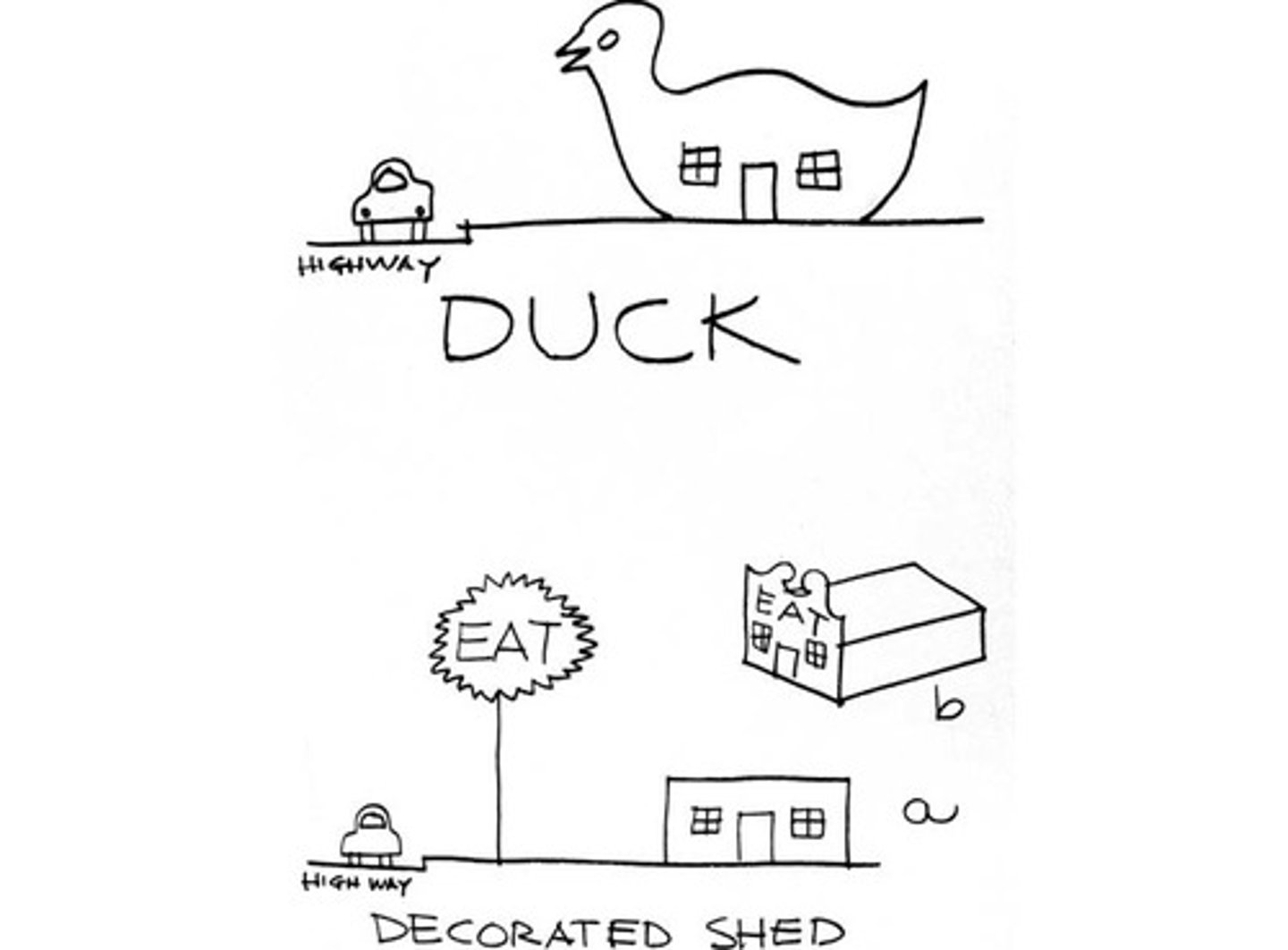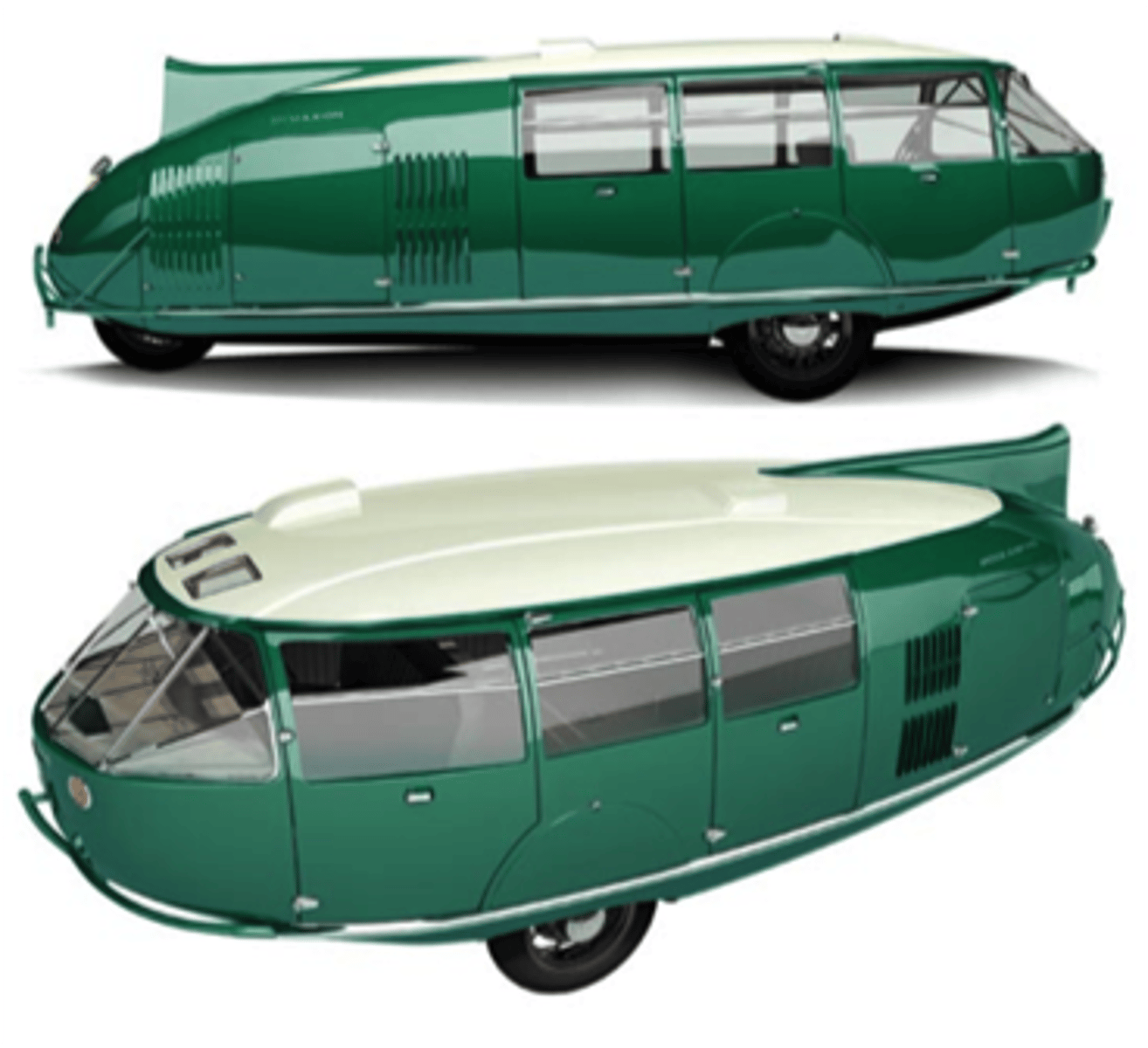HIAA 0860 Quiz 1
1/19
There's no tags or description
Looks like no tags are added yet.
Name | Mastery | Learn | Test | Matching | Spaced | Call with Kai |
|---|
No analytics yet
Send a link to your students to track their progress
20 Terms
Air Right Transfer
purchasing the airspace above an existing building to build out an adjacent building or to preserve a view
('New') Brutalism
architectural style emerging in the UK in the 1950s, characterised by minimalist constructions that emphasise bare materials (like concrete) and structural elements (e.g. Salk Institute)
Cantilever
a rigid structural element (beam, volume) that extends horizontally and is only supported on one end

"Complexity and Contradiction in Architecture"
architectural doctrine (manifesto) of postmodernism, containing many examples, published by Robert Venturi in 1966; considered to be one of the most important architectural writings of the 20th century
"Deconstructivist Architecture"
a 1980s movement connected to postmodernism, characterised by the impression of fragmentation of the constructed building, with an absence of obvious harmony, continuity, or symmetry (e.g. Jewish Museum in Berlin)
Duck vs Decorated Shed
'duck' is a building "where space, structure, and programme are submerged and distorted by an overall symbolic form"; 'decorated shed' is a building "where space and structure are at the service of program, and ornament is applied independently"

Dymaxion Car
car designed by Buckminster Fuller and featured prominently at the Chicago World's Fair (1933-34); characterised by its three wheels, ability to turn itself in a tight circle, and impracticality

Exoskeleton
a load-bearing structure on the outside of a building
FAR
floor area ratio; the measurement of the area of a building's floor in relation to the area of the plot
Geodesic Dome
hemispherical thin-shell structure based on a geodesic polyhedron (made up of many structurally rigid triangles); popularised by Buckminster Fuller's design for the American Pavilion at the Montreal World's Fair
"God's Own Junkyard"
book written by Peter Blake in 1964 in which he documents the decline and fall of the American landscape; includes picture comparisons over time as evidence supporting his argument that the townscapes, landscapes, and skyscapes of America are being laid waste by what he calls "uglification"
New Urbanism
city/town planning and development approach focusing on human-scaled design: walkable blocks and streets, housing and shopping in close proximity, accessible public spaces (e.g. Seaside)
New York Five
five influential modernist and postmodernist New York architects (Peter Eisenman, Michael Graves, Charles Gwathmey, John Hejduk, and Richard Meyer)
Post Modernism
a stylistic movement emerging in the 1960s that reacted against the perceived formality and lack of variety in modern architecture, particularly the International Style, characterised by architectures composed of symbols and disparate elements
'Postmodern Hyperspace'
a term coined by Frederic Jameson to describe the shift that postmodernism represents in our concepts of space; these new spaces are a challenge for our bodies to move through, and we must evolve a new kind of consciousness in order to possess the ability to engage with these spaces
"Presence of the Past"
the title of the 1980 Architectural Biennial in Venice, featuring largely postmodern architecture, marking a significant shift in Western architecture away from the presumptions of modernism; Aldo Rossi was the face of the Biennial and advocated embracing historical architecture without copying it, and the notion of a collective memory of shapes and forms
Tube Construction for Skyscrapers
developed by Fazlur Rahman Khan; a style of construction for skyscrapers in which most load-bearing support beams are placed in close proximity to one another along the perimeter so as to maximise the building's horizontal strength against wind, and maximise usable interior space
Tuned Mass Damper
a device mounted in structures to reduce mechanical vibrations, consisting of a mass mounted on one or more damped springs, used to prevent discomfort, damage, or structural failure (e.g. in Hancock Tower)
POPS (Privately Owned Public Spaces)
refers to privately owned spaces that are required to be open to the public; owners can trade 10 square feet of bonus rentable or sellable floor area in return for one square foot of a publicly accessible plaza, or three square feet of bonus floor area in return for one square foot of arcade; these spaces are advantageous for the openness of a city
Vernacular
architecture that is designed based on local needs, materials, and traditions, often reflecting the cultural identity of a specific region.